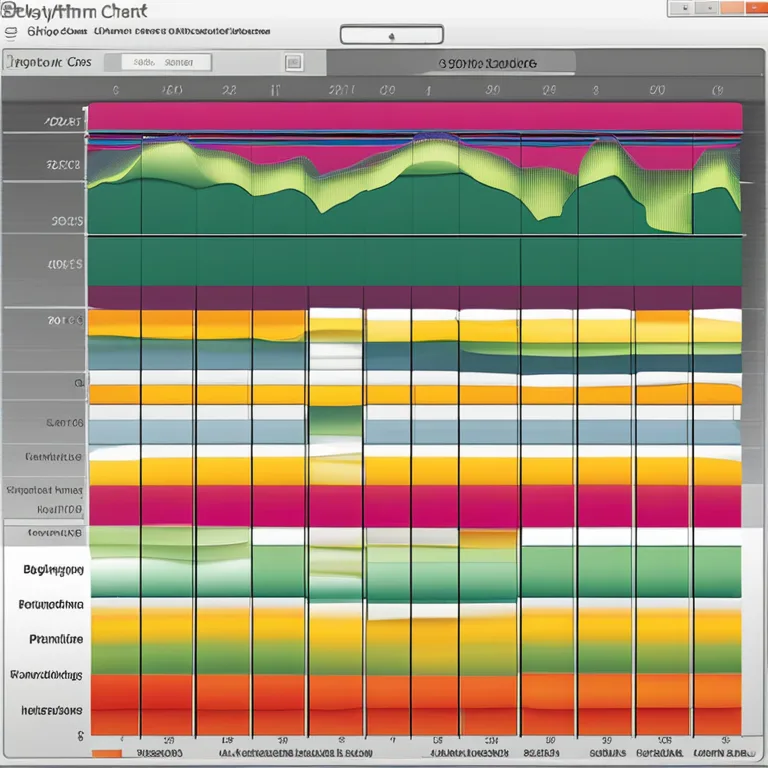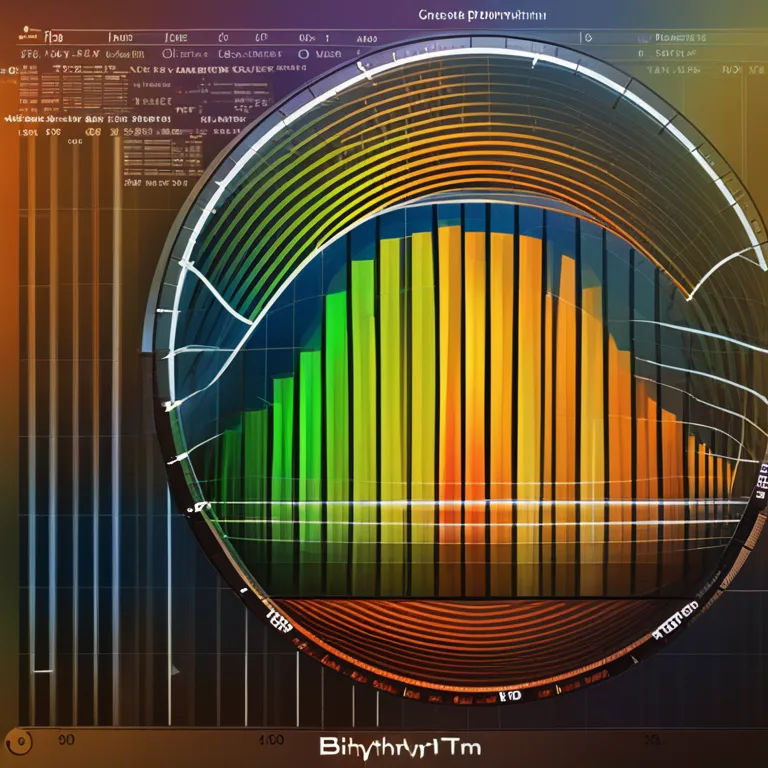
Tracking Your Biorhythm: A Simple Guide
Discover the essentials of biorhythms and learn step-by-step how to check your personal biorhythm cycle for a harmonious life rhythm.
article by Adrian Wallace
Introduction to Biorhythms
Biorhythms are believed to be the rhythmic cycles that influence our physical, emotional, and intellectual states. These cycles start from birth and oscillate in a predictable pattern throughout our lives. Traditionally, the concept of biorhythms centers around three main cycles: the 23-day physical cycle, the 28-day emotional cycle, and the 33-day intellectual cycle. Biorhythms have roots in various cultural traditions and have gained popularity among those looking for a holistic approach to wellness. In this modern era, checking your biorhythms has become more accessible than ever before, as we can utilize technology to assist us in tracking these personal rhythms.

Understanding the Three Cycles
To effectively check your biorhythms, you must first understand the three primary cycles. The physical cycle influences your stamina, strength, and overall well-being. The emotional cycle affects your mood, perception, and creativity. Meanwhile, the intellectual cycle governs your logical thinking, decision-making abilities, and communication skills. Each cycle has high (positive), low (negative), and critical (transitional) periods. By recognizing these patterns and their interconnections, you can better plan activities, make decisions, and understand your inner workings as they relate to these cycles in real-time.

Using Online Tools and Apps
One of the easiest ways to check your biorhythms is through dedicated online tools and applications. As of 2024 and beyond, numerous platforms provide user-friendly interfaces that only require your birth date to generate a personal biorhythm chart. These tools often come with additional features like forecasting, compatibility checks with others, and even advice on how to align your daily activities with your cycles. Whether you're looking for a web-based service or a mobile app, the options are plentiful and offer a range of functionalities to suit your needs.

Interpreting Your Chart
Once you've input your birth date into a biorhythm calculator, you'll be presented with a set of graphs representing your cycles. The horizontal axis of the graph represents time, usually displayed in days, while the vertical axis shows the positive and negative phases of your cycles. A sine wave curve above the midline indicates a high period, while below suggests a low period. The points where the curve crosses the midline are your critical or transitional days, where you might experience instability in the related aspects. Learning to interpret these charts can take some practice, but the visual representation assists in making the process intuitive.

Aligning Activities with Your Biorhythms
With an understanding of your biorhythm chart, you can begin to align your activities and decisions with your cycles. For example, initiating new projects or engaging in physical activity is ideally done during high phases of your intellectual or physical cycles, respectively. Conversely, during low emotional cycles, you may wish to avoid situations that require high emotional input. It is valuable to note, however, that biorhythm theory is not scientifically proven, and its utility is considered more subjective and complementary to other well-being practices.
Practical Tips for Daily Use
Incorporating biorhythm tracking into your daily routine can encourage a greater awareness of your personal ebbs and flows. Here are some practical tips: keep track of your important dates and compare them against your biorhythm chart retrospectively, look for patterns that can inform future decisions, and use biorhythms as a gentle guide, not a strict directive. Remember, every individual is unique, and combining your observations with personal intuition is key to harnessing the potential of biorhythm tracking.
Conclusion
Checking your biorhythms can be an insightful exercise for those interested in personal growth and self-awareness. By using the modern tools available and investing time into understanding your own cycles, you can add an interesting dimension to managing your well-being. Like any holistic practice, its effectiveness is subjective and should complement other methods rather than be relied on exclusively. Nevertheless, tracking your biorhythms can be a fascinating journey into aligning with your natural rhythms.
Published: 12/28/2023
Modified: 12/28/2023
More predictions
Come back here soon to learn more about yourself and your future


Exploring Human Biorhythmic Cycles
Explore the fascinating concept of biorhythms and their influence on physical, emotional, and intellectual faculties in humans.


Biorhythm Compatibility: Fact Or Myth?
Explore the concept of biorhythm compatibility to discover if there's a real connection between our biocycles and relationship harmony.


Biorhythm Theory: Fact Or Fallacy?
Explore the fascinating concept of biorhythms to discern if there's any scientific accuracy behind this popular belief.